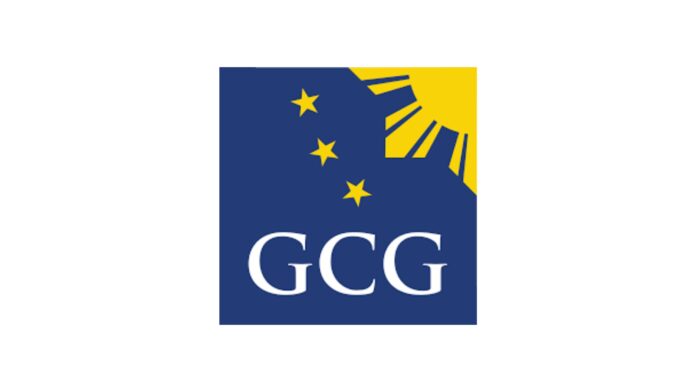The Governance Commission on GOCCs (GCG) on Thursday vowed to act quickly and submit its recommendation on the proposed merger of the Land Bank of the Philippines (LANDBANK) and the Development Bank of the Philippines (DBP) that the latter has opposed on the basis of their divergent mandates as state-owned lenders.
This is significant in that the Department of Finance has said the proposal saves the government P5 billion each year and that President Ferdinand Marcos Jr. himself approved of the proposal so long as neither institution abandon their respective mandate as development financier and countryside lender.
“GCG will have to look into the specifics of the merger as it involves two major banks that are state owned. We want to ensure that the merger is seamless and will not disrupt or cause issues or concerns in their respective operations and processes,” GCG chairman Alex L. Quiroz, a former Sandiganbayan Justice, said.
“It is within the jurisdiction of the GCG to ensure that the merger between LBP and DBP is beneficial to the state,” he quickly added.
The merger had been raise in prior administrations but came across a number of challenges such as the difference of mandates.
According to the GCG, its evaluation will cover all areas that are of utmost importance given that the lenders had been identified as sources of start-up funds for the proposed sovereign wealth fund.
“We are grateful that in this process of merger, the President recognizes the oversight function of the governance commission,” commissioner Gideon. D. V. Mortel said.
He also said the agency remains steadfast in its mandate as the central advisory, oversight and monitoring body for GOCCs, to institutionalize transparency, accountability, financial viability and responsiveness in corporate performance by monitoring and evaluating GOCC performance.
The various agricultural stakeholders, however, buck the proposed merger, saying the idea had been done without the benefit of public consultations.
The Federation of Free Farmers led by its chairman Leonardo Montemayor, and former Secretary of Agriculture as well as former Land Bank vice president Pablito Villegas, now owner-operator of Villegas Organic and Eco-Tourism Farm in Malvar, Batangas and Centro Saka Inc. executive director Romeo Royandoyan jointly argued the state-owned lenders were created under separate laws and mandated under their respective charters “to perform specific missions to achieve balanced national socio-economic and agro-industrial development.”
The groups said Land Bank’s main role is as financing institution for agrarian reform beneficiaries and other agriculture stakeholders including micro, small and medium enterprises to “help liberate them from food insecurity and poverty.”
Stakeholders also said the DBP is supposed to focus on development-oriented investments in areas like infrastructure, energy, power generation, telecommunications and digitalization and participate in public-private-partnership business modalities “that are normally shunned by private commercial banks.”
“Over the years, small farmers and agriculture businesses have reported that, ever since Land Bank became a universal bank, its commercial operations have dwarfed its loans to small farmers and rural entrepreneurs. Many of them complain of great difficulty in accessing Land Bank’s services. They are unconvinced that the merger, with Land Bank as the dominant entity -will make a major difference” for the stakeholders.
They argued any new legislation should instead return Land Bank and DBP to their original mandates and abandon the goal of becoming the country’s biggest universal bank that saves the government P5.3 billion a year.
“(Finance) Secretary (Benjamin) Diokno should be reminded further that cost-effective and more efficient bank operations should be realized without neglecting or deprioritizing the mandates of Land Bank and DBP,” the group said.
“Also, cost savings can be a function of improved management – even without the merger. They need not entail the laying off of employees. Instead, management should concentrate on retooling/retraining them and removing the excess fat at the head and regional offices. The latter should be reassigned at the grassroots and countryside, where their financial and technical services are critically needed,” they added.
According to them, the planned merger could “create more disunity and disenfranchisements” that “may morph into social discontent and increased impoverishment of farmers and fisher folk” and that such will still need legislation by Congress to amend their separate charters.
This then will cause “uncertainties, delays and other unwanted consequences in the operations” of the banks.







